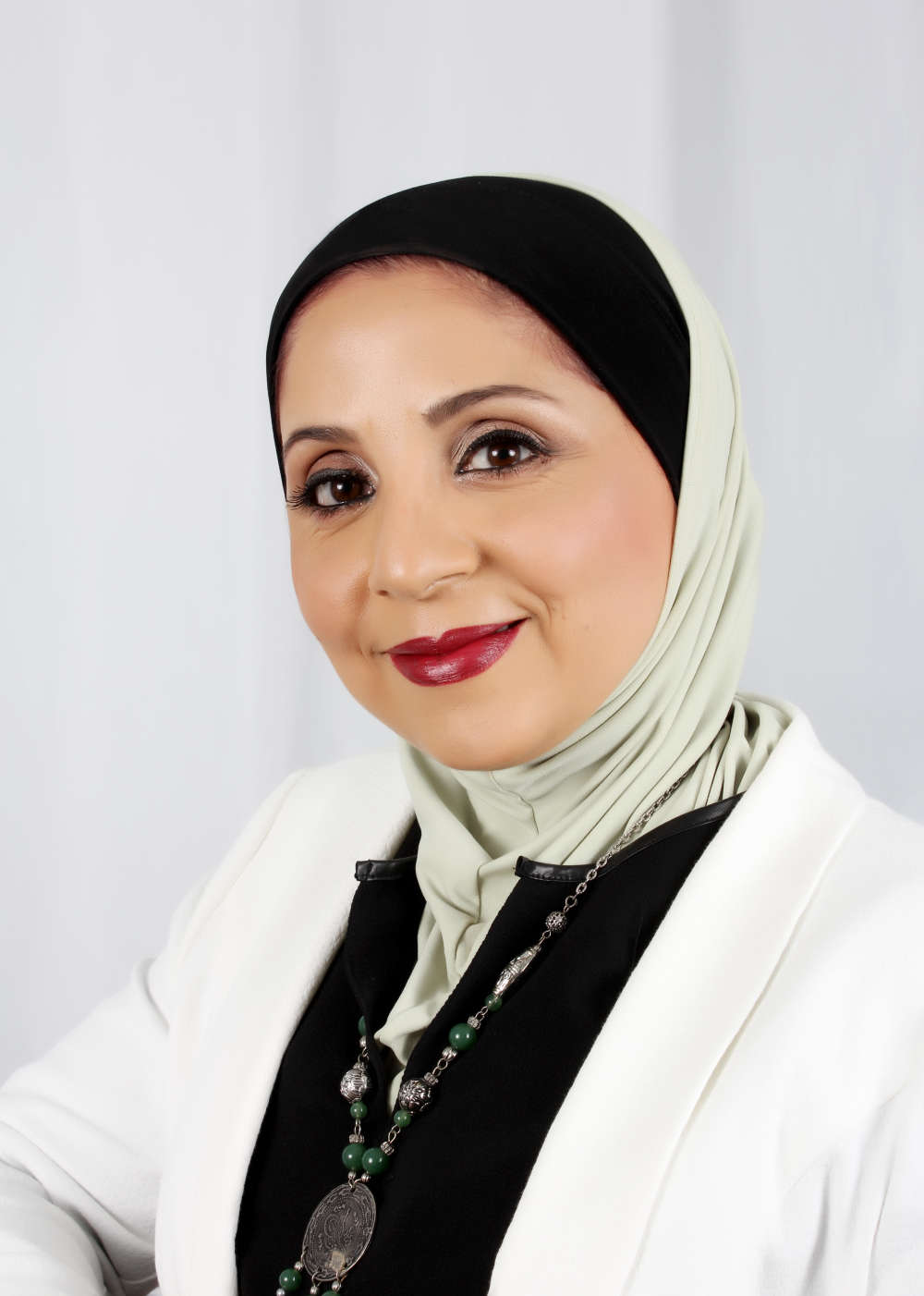Rania’s life revolves around her three children, her hometown Gaza, and her love for languages and culture. Born to a father who was a poet and a translator, and a mother with a long career in education, her childhood was marked with books, language learning, people from all around the world, and much love. At the age of 11, she started to learn French and other languages, including German, Italian, and Hebrew. Rania’s dearest memories are her French classes with classmates like her parents, the late Dr. Haidar Abdelshafi and his wife, and other prominent Palestinian figures from Gaza.
She was schooled in an UNRWA school like other children of Palestinian refugees, and she won a scholarship to the International Baccalaureate Program at Lester B. Pearson College in Canada. These two years were the turning point in her life. There, in what she calls the fairy-tale faraway land, she learned to live with all the differences humanity could offer. Sharing life with students and teachers from 70 different countries put her on the path of a career as a translator. Being a Palestinian solicited her interest in politics and law, but also in the preservation of Palestinian culture.
Returning to Gaza in 1989, Rania decided to take a year off school to work before going to university. She joined the newly established Gaza Community Mental Health Program where she performed administrative tasks and did some translations in the area of mental health. In the same year, she translated for the French Cultural Center in Gaza and interpreted for its official opening – the day on which she made up her mind: translation and interpretation it is!
In 1991, she traveled to France where she studied applied foreign languages, specializing in legal and medical translation. Returning to Palestine in 1995 while working on her PhD, she started her professional career in translation, working with the Institute of Law at Birzeit University. Thanks to this experience and to wonderful help from the institute’s management, Rania could secure for herself an ample share of the local market working with virtually every local and international organization.
In 1999, Nahla, her first daughter, was born, and the decision was made: time to be a full-time mother. This decision raised the eyebrows of many gender-equity activists. She did not care and twisted her career to work from home while keeping a part-time teaching position at Birzeit University (which she had to quit because of Israeli checkpoints). With an e-mail account and a dial-up connection, a whole freelancing business started and continues even now. Seeking diversification in her areas of specialty, Rania discovered the world of statistics when the French Consulate asked her to interpret for a team from Eurostat. Following this experience, Rania sought training with the same institution, which enabled her to work later on with the Palestinian Central Bureau of Statistics.
Even with a thriving career in translation, her dream remains to establish a Palestinian puppet theater – her other passion.


